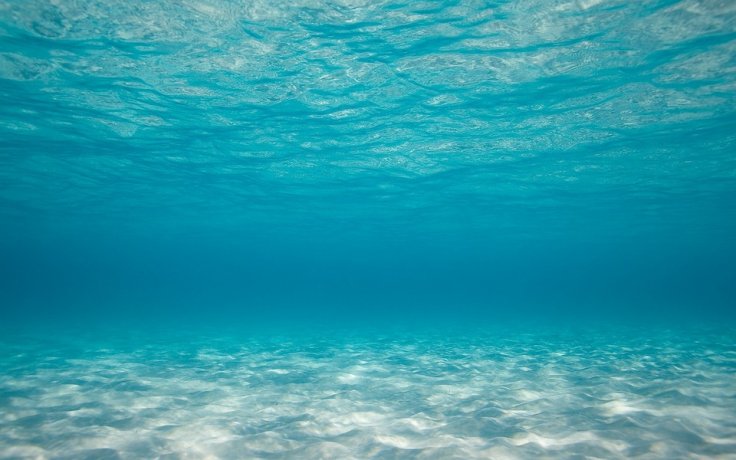
A study conducted by researchers from China and the United States has found that oceans are warming rapidly than previously estimated and this trend could drastically affect marine life.
The study report published in journal Science revealed that oceans have experienced drastic changes in temperature since the 1950s, and have gotten a lot warmer since the 1960s. As per the researchers, oceans are heating up much faster than scientists speculated in the UN assessment of climate change released in 2014.
During the study, researchers used the data collected by a high-tech ocean observing system named Argo, which comprises an international network of robotic floats that regularly monitor the salinity and temperature of ocean water. Scientists made the conclusion of rising temperature after analyzing the Argo data with historic temperature information.
"The ocean is the memory of climate change, along with melted ice and 93 percent of the Earth's energy imbalance ends up in the ocean. Global warming is close to ocean warming, and 2018 will be the warmest year on record, followed by 2017, then 2015. Global warming is rearing its head," said Kevin Trenberth, a scientist at the US National Center for Atmospheric Research.
It should be noted that increasing temperature in oceans will drastically affect the marine life, as it will reduce the oxygen in the waters. Warmer temperature will also damage coral reefs, which are actually nurseries for fish. Warm oceans will also increase the moisture in the atmosphere which will induce powerful storms like Hurricane Florence and Hurricane Harvey.
When the ocean becomes warmer, chances of global ice melting will be also increased drastically, and it may result in floods and other catastrophes in coastal areas.
Another study report from the European Union's Copernicus Climate Change Service had revealed that 2018 was the fourth warmest year, in terms of global surface temperatures, in records dating back to the 19th century.









